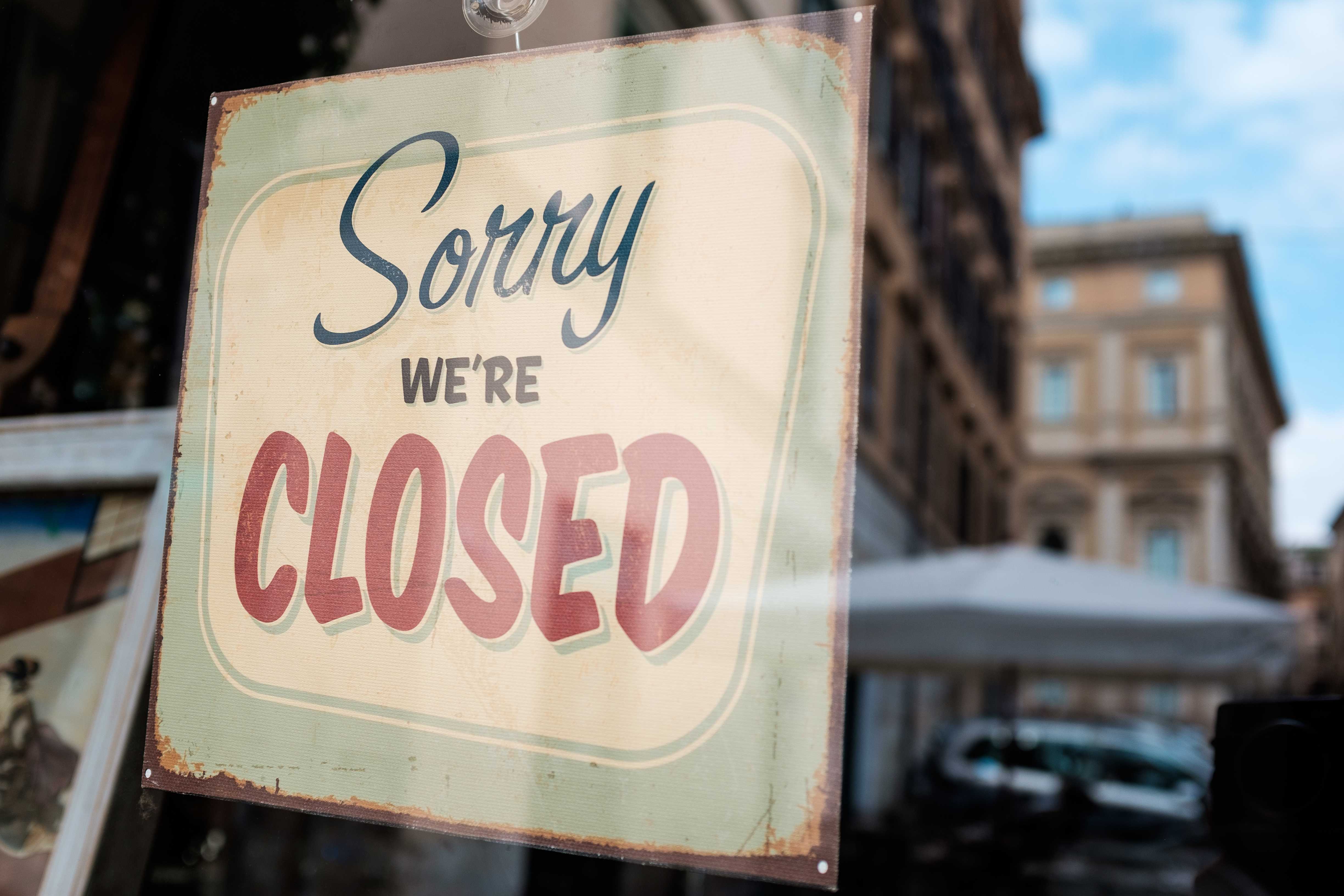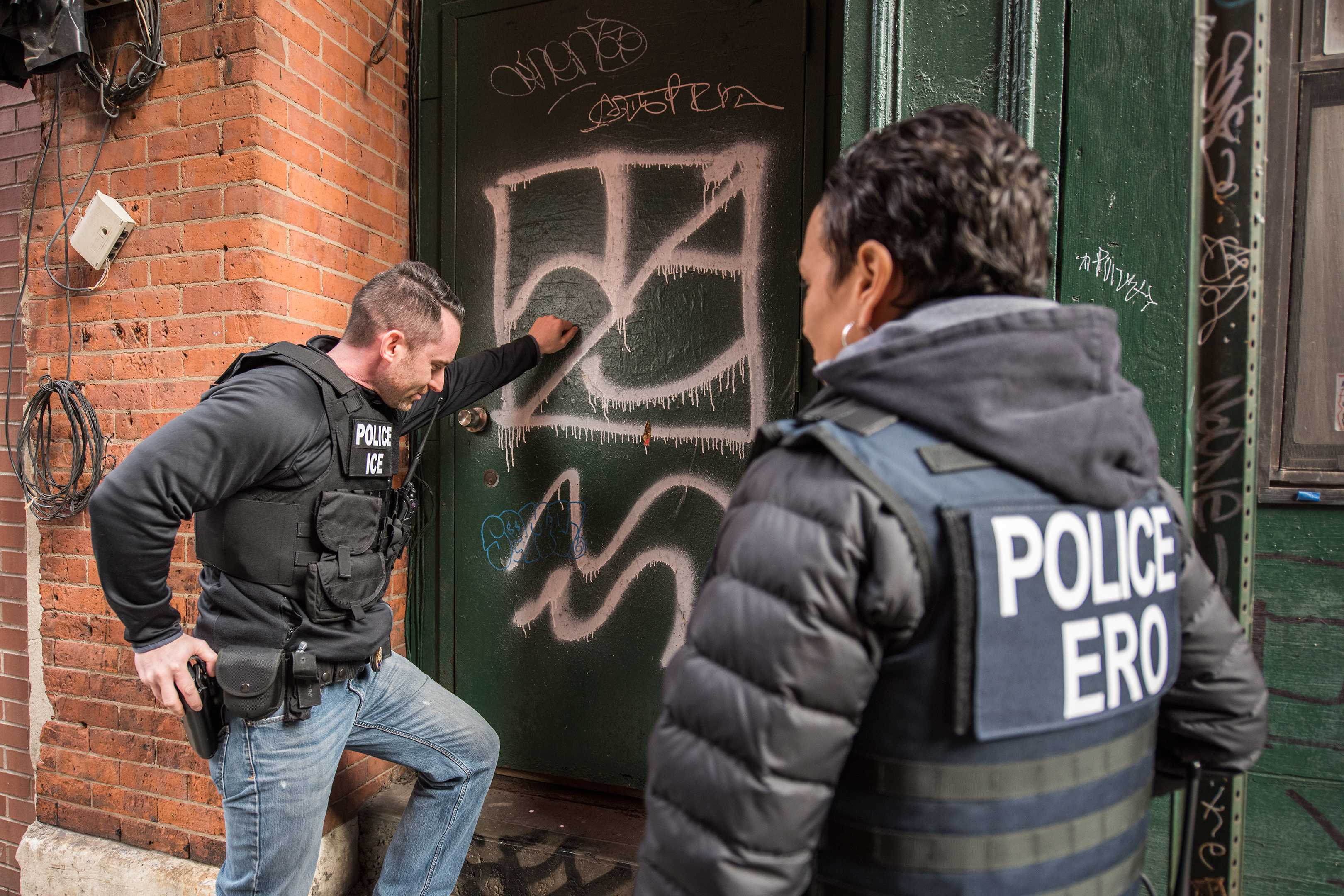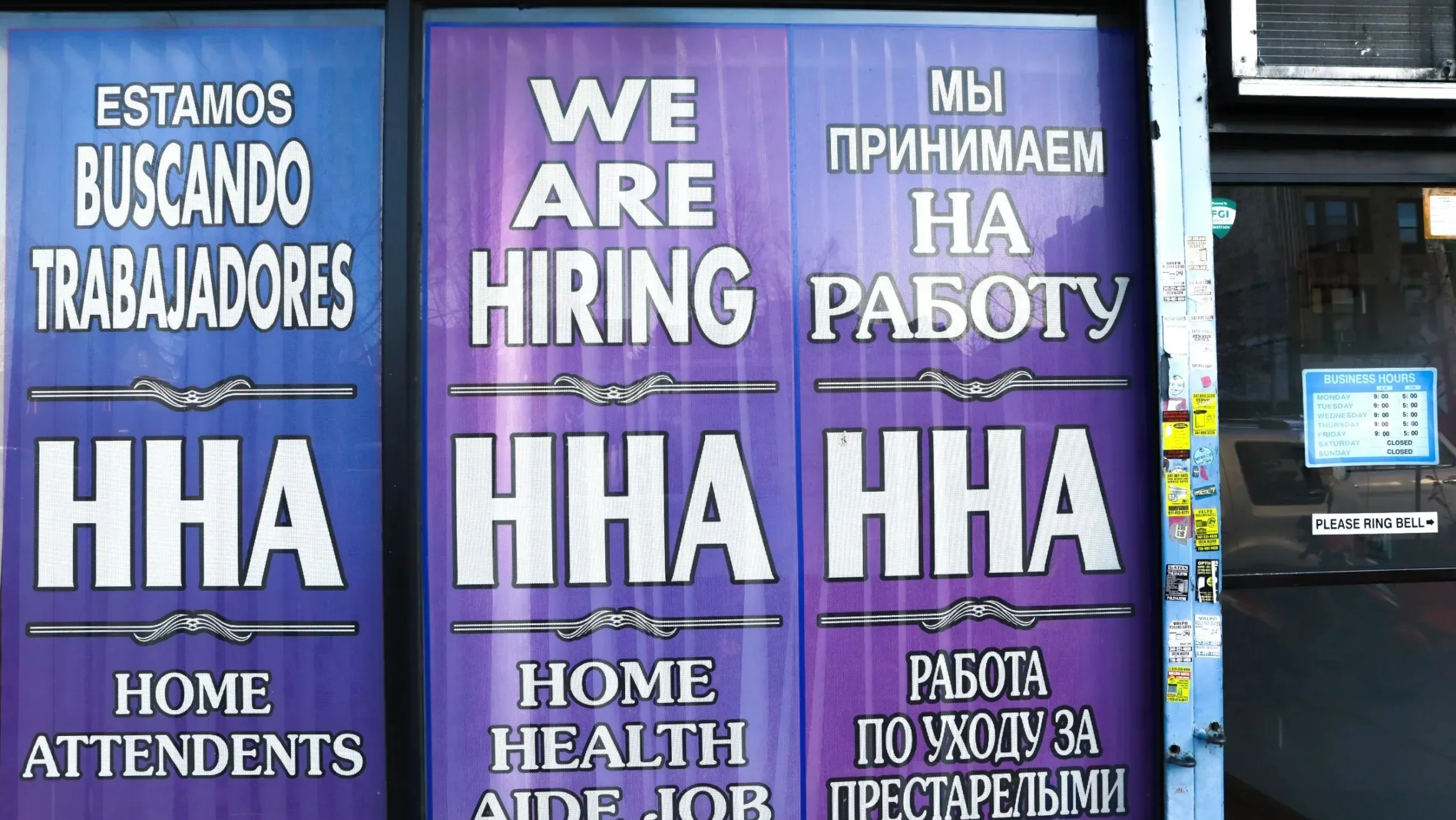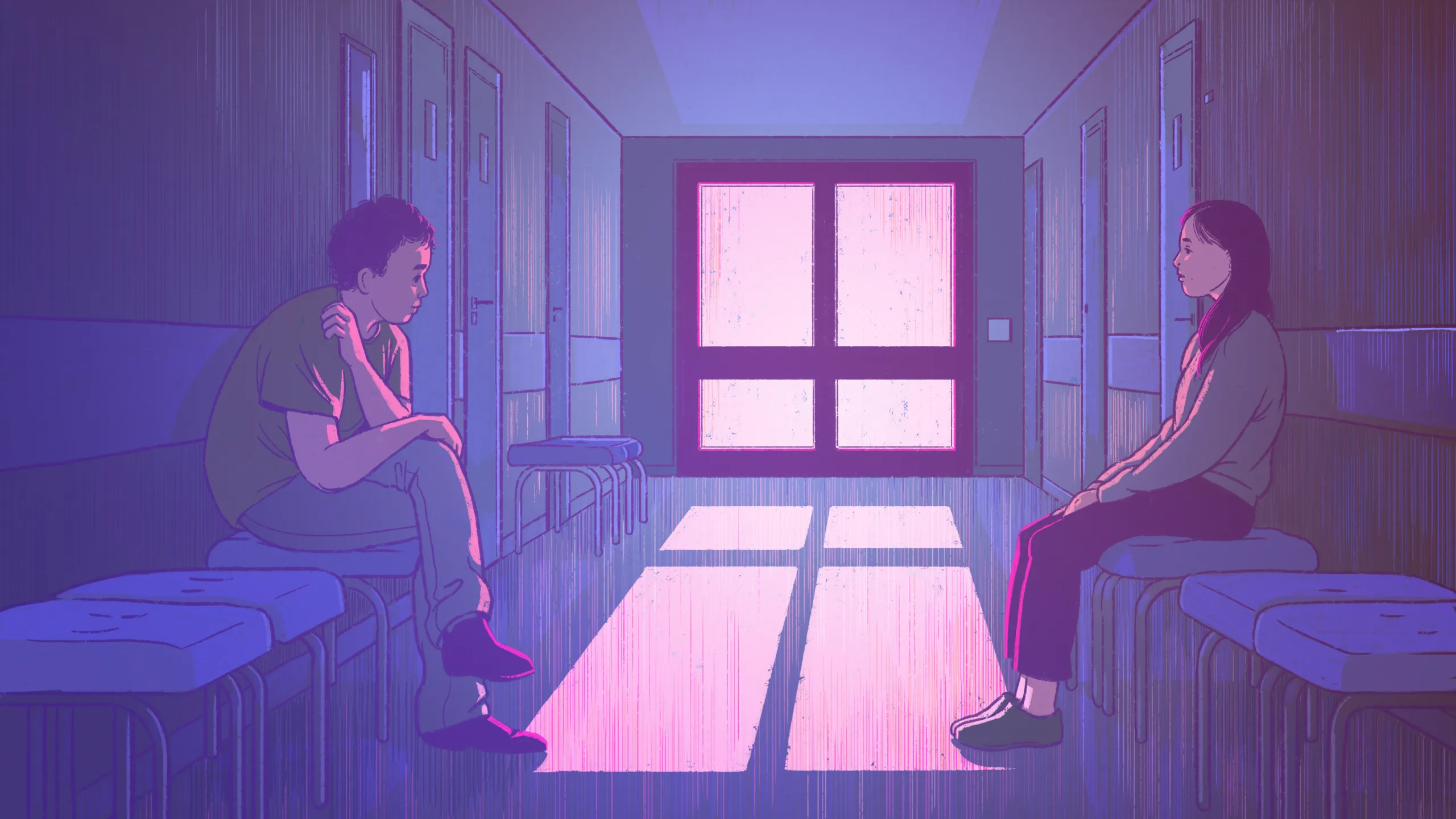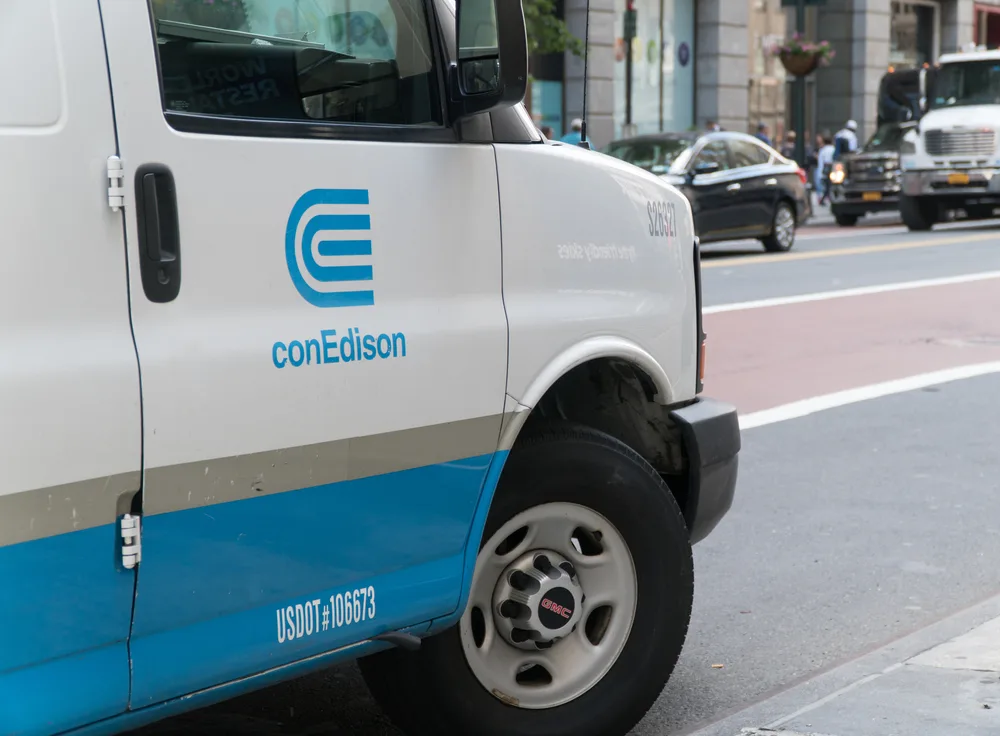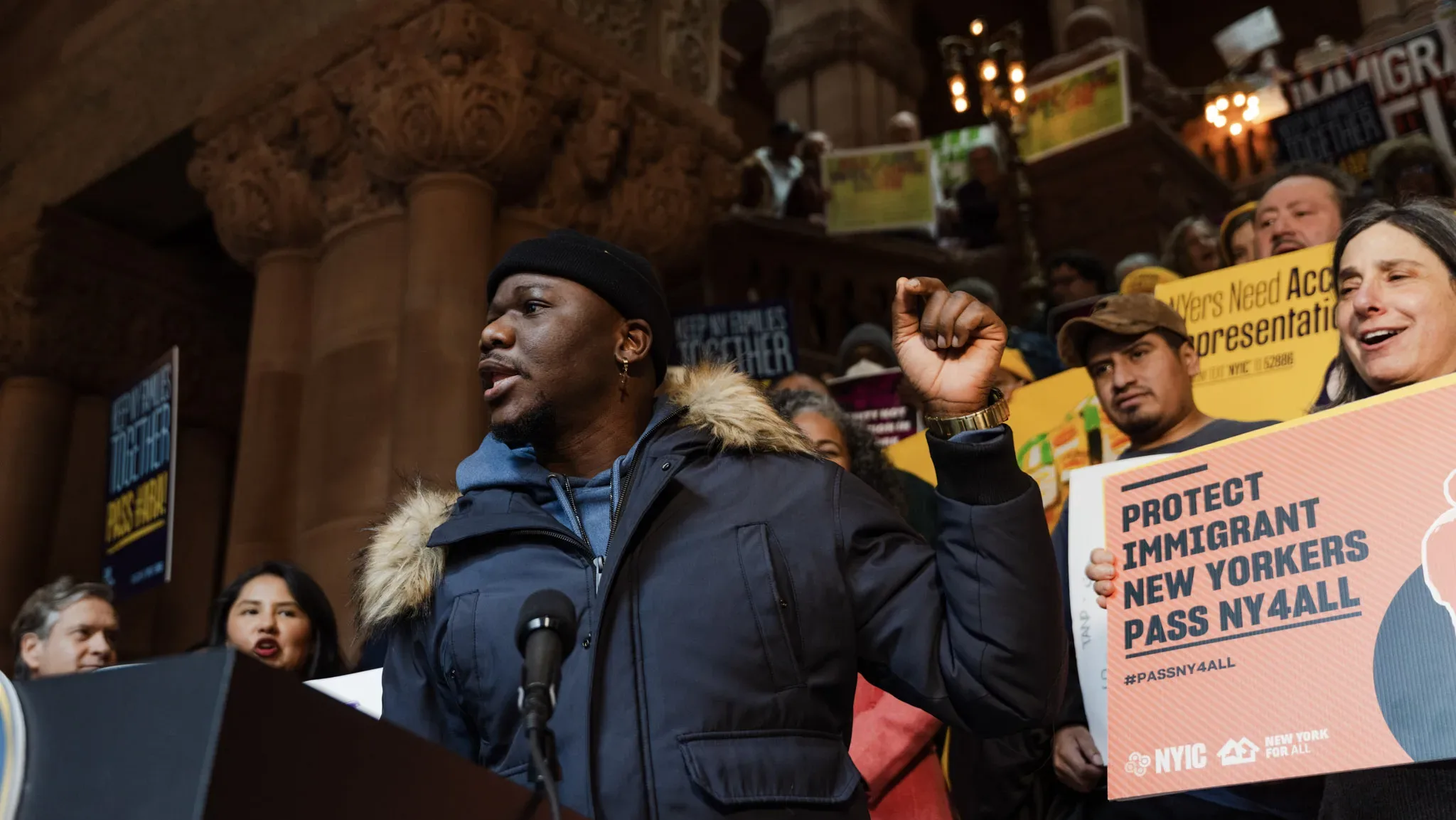This summary was featured in Documented’s Early Arrival newsletter. You can subscribe to receive it in your inbox three times per week here.
Half of New York’s working-class immigrants have lost their jobs due to the COVID-19 pandemic, according to a new study by the Center for Urban Future. New York’s approximately 350,000 undocumented workers and their families are not eligible for any federal relief, including stimulus packages and food and rent programs. A total of 90% of the immigrants served by the African Services Committee have lost their primary source of income, the report found. The number is close to 40% for members of the New Sanctuary Coalition, and 95% of the members of the worker’s center La Colmena are also without work. The City
In other New York immigration news…
New Yorkers Celebrate Supreme Court Decision on DACA
Marsha Smith was among many Dreamers in New York who breathed a sigh of relief on Thursday when the Supreme Court ruled against the Trump administration ending the Deferred Action for Childhood Arrivals program. Smith, 33, entered the program at 25 and, like many others, had faced anxiety for the past several years as a lawsuit over the program worked its way through the courts. Attorney General Jeff Sessions announced the program would be repealed in 2017, which triggered a wave of lawsuits that made it to the Supreme Court. In a 5-4 decision, the court ruled that the way the Trump administration attempted to end the program was illegal. For now, Dreamers will maintain their protection from deportation and work authorizations. Read more at Documented
Domestic Violence Survivors Suffer During Pandemic
The statewide shutdown due to the coronavirus pandemic left a number of survivors of abuse stranded with their abusers. Advocacy groups have said cases of abuse rose during the lockdown and were often compounded among immigrants who feared speaking with authorities. Violence Intervention Program recorded an explosion of calls in mid-April into May. Womankind, a group that serves Asian communities, also saw an increase in calls. Many groups criticized the response of the NYPD, saying they were sluggish to respond to calls and didn’t always enforce orders of protection against abusers. These were issues that existed prior to the pandemic. Politico
